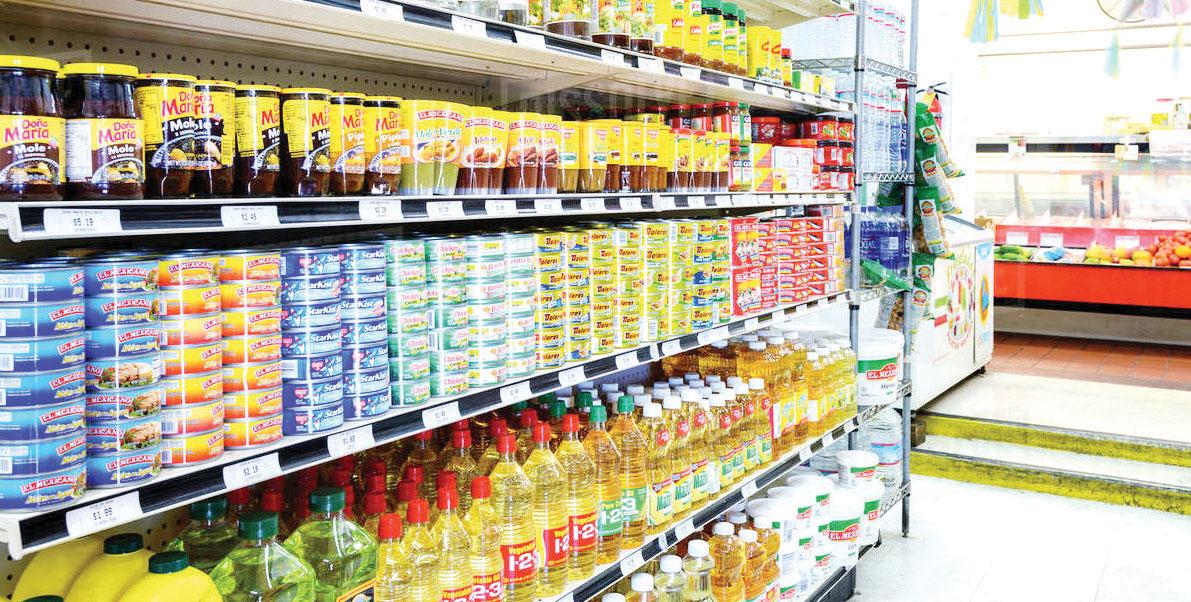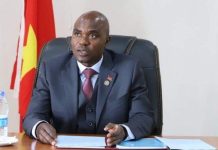Africa-Press – Malawi. For a family of six to survive a month in an urban setting in the country, they required K430, 470, a cost of living analysis for August 2022 published by the Employers Consultative Association of Malawi (Ecam) shown.
The amount has increased 2.98 percent from K418, 015 recorded in July and 41 percent compared to the K305, 290 recorded in August last year. According to the report, prices of basic food items such as maize, fresh milk, kapenta, tomatoes, vegetables, onions, beans, eggs, and cassava increased with an average of 3.48 percentage points.
The continued rise in the prices has not spared non-food items, as it can be seen that charcoal, wash soap, body lotion, and glycerine have been affected.
This comes as inflation— the rate at which prices of commodities change at a given period in an economy—rose to 32.5 percent in July from 31.2 percent in the preceding month.
Food inflation has accelerated from 31.2 percent in June to 32.5 percent in July representing a 1.3 percentage points increase while non-food inflation increased by 0.9 percentage points from 16.60 percent to 17.5 percent in July 2022.
In an interview yesterday, Consumers Association of Malawi (Cama) Executive Director John Kapito said the rising cost of living continues affecting most consumers.
“The authorities needed to think and ask questions on how people are managing and coping with this high cost of living. It is extremely disappointing that at a time the poor are hard hit, the government comes up with fake cost cutting measures that it cannot even implement,” Kapito said.
He then faulted the government for its insatiable appetite for borrowing and ‘extravagant’ lifestyle among things piling pressure. In an interview, Minister of Finance Sosten Gwengwe said the government is working on lasting solutions to contain the rising cost of living.
“We are working on restoring stability in the forex market using any quickest method possible. The Ministry of Agriculture also has a food strategy and both measures should start seeing prices easing once implemented,” Gwengwe said. In May, the Reserve Bank of Malawi devalued the local unit, the Kwacha, by 25 percent, an option that saw prices of most commodities further rising.
For More News And Analysis About Malawi Follow Africa-Press






